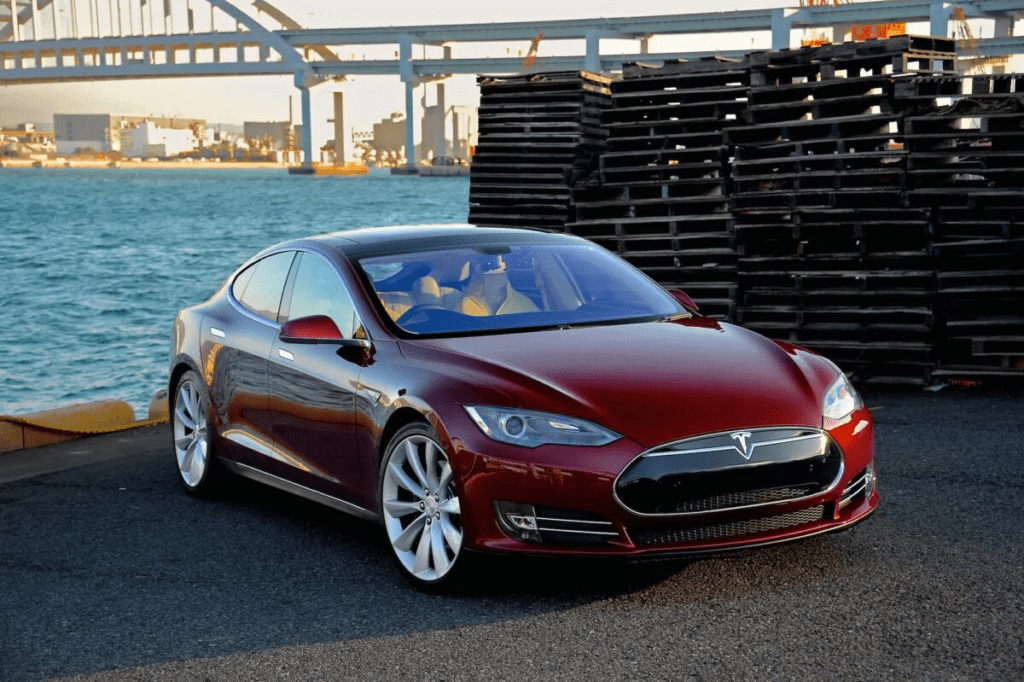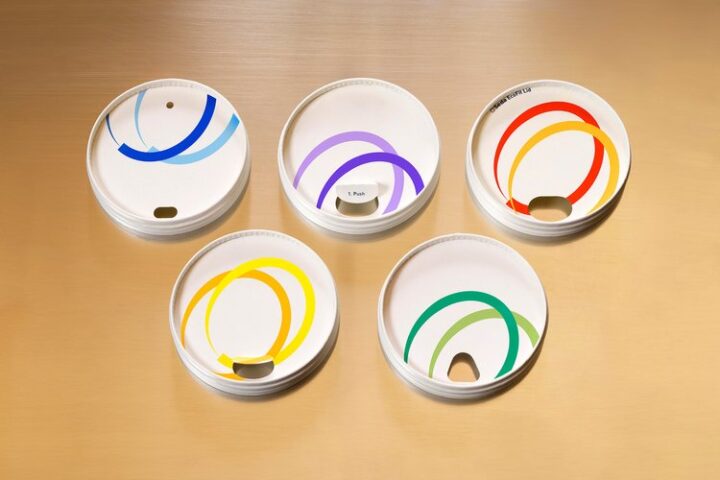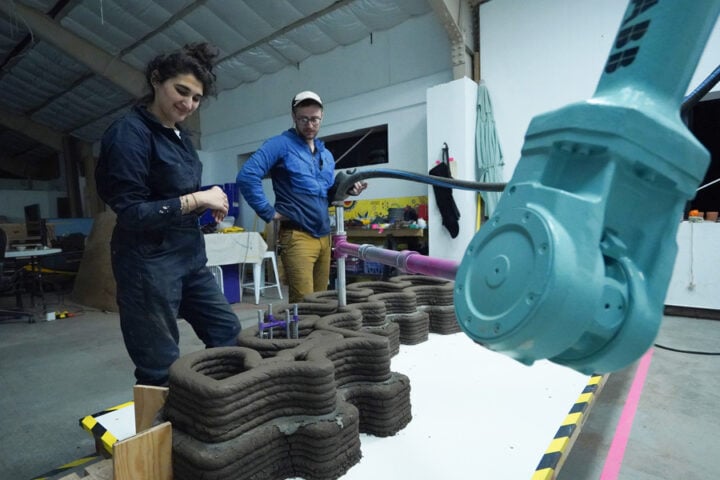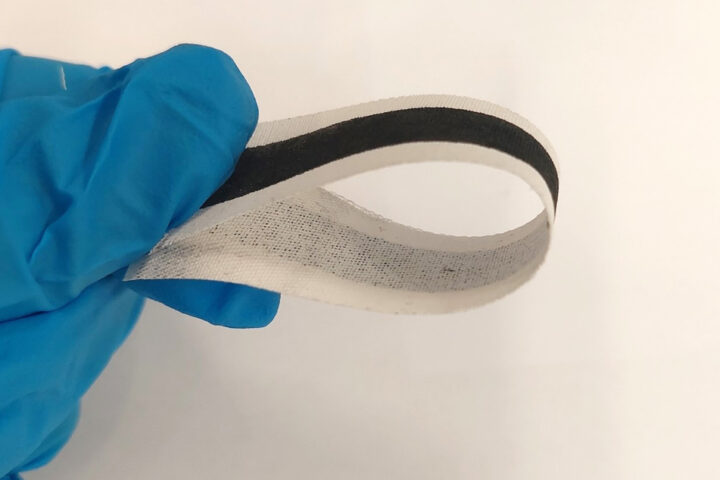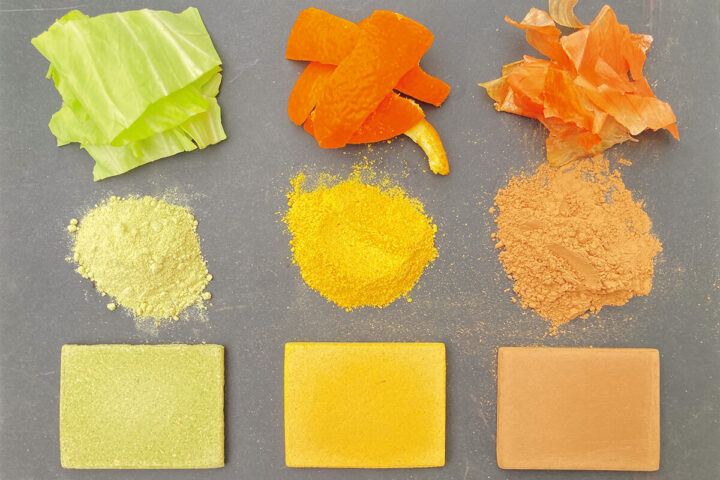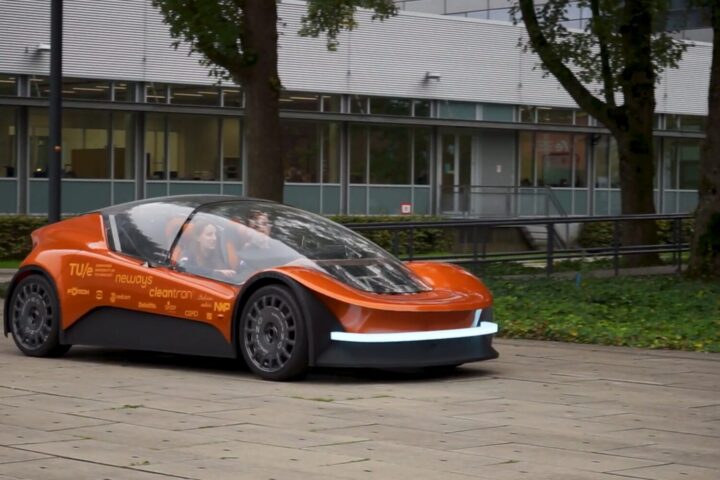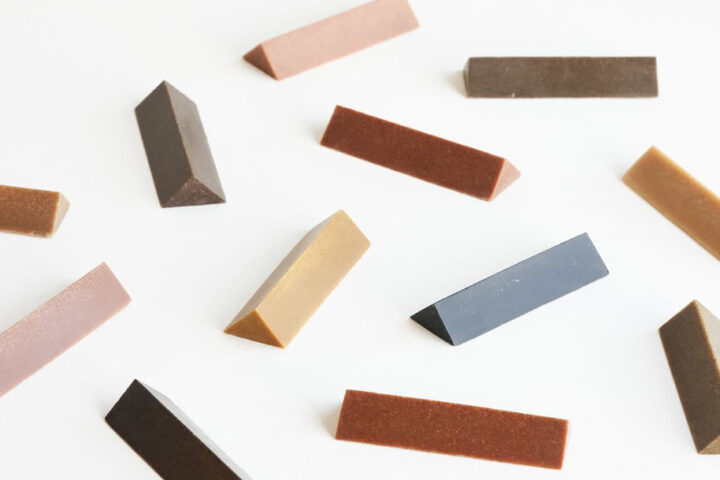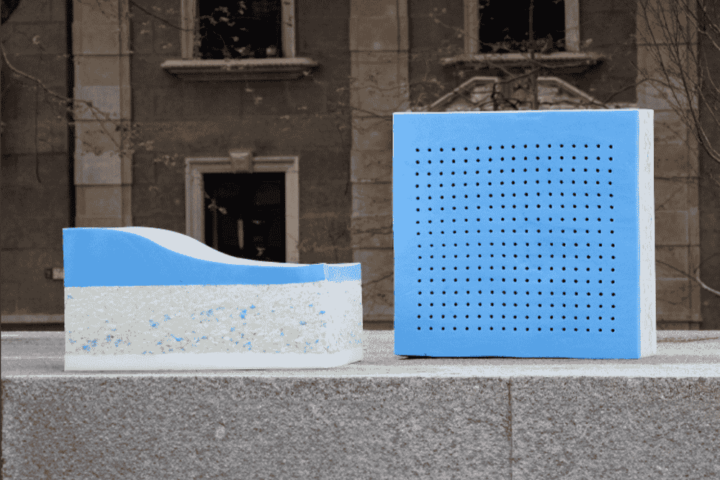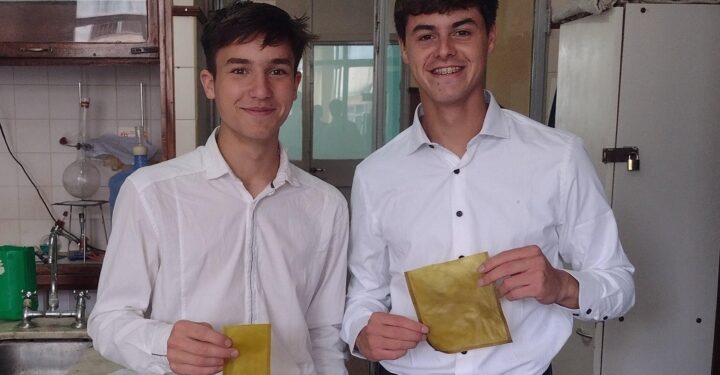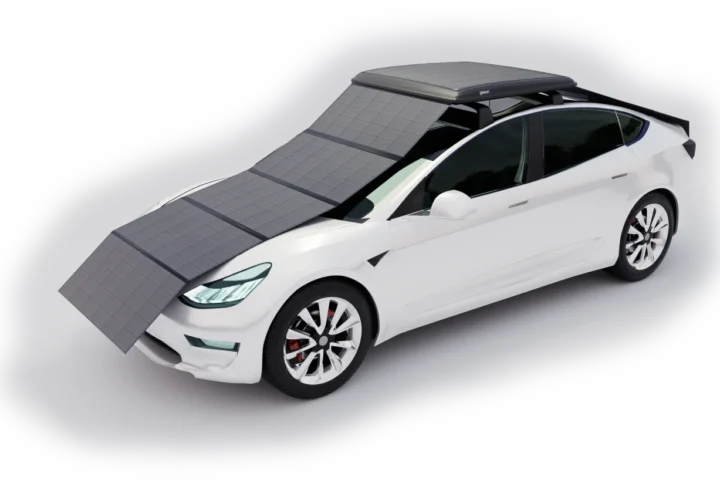With the new BMW M4 GT4, BMW M Motorsport is taking their use of sustainable composite solutions to the next level. In fact, there is no other GT racing car in series production that matches the amount of natural fibre composite parts i.e. flax based. The new materials were developed by BMW M Motorsport partner B comp. BMW Motorsports is trying to take sustainable racing to the next level with a plant based composites.
Taking the findings and experience gained on the track as a basis, these new material technologies will also find their way into BMW M models. B comp’s AmpliTex and PowerRibs flax fibre solutions can be found throughout the interior on the dashboard and centre console, as well as on bodywork components such as the hood, front splitter, doors, trunk and rear wing. Aside from the roof, almost all carbon fibre reinforced plastic (CFRP) components have been replaced by renewable high-performance flax materials.


InInspired by leaf veins, the PowerRibs reinforcement technology developed by Bcomp maximizes stiffness with minimal weight by creating a 3D structure on one side of a thin-walled shell element. This enables a decrease in the amount of base material used, thereby reducing weight, costs and consumables in production. The AmpliTex reinforcements add a visible layer of flax fibres as a carbon-neutral replacement for the conventional covering material.


Combining the two materials makes it possible to cut the amount of plastic used for interior panelling by up to 70% and at the same time lower CO2 emissions by as much as 60%. The result is more sustainable vehicle components, whose failure mode is without sharp debris and splinters, and has the additional benefit of increasing safety over traditional composites. The natural fibre composites will also find their way into the BMW M Performance Parts.

Employing renewable raw materials and natural fibers such as hemp, kenaf or flax minimizes material usage while also achieving a weight reduction of up to 50% over conventional materials. This, in turn, helps to lower the energy consumption of the vehicles in which they are used. Additionally, the natural materials bring down the calculated CO2 figure, as the original plants absorb CO2 while growing and release oxygen. Bcomp’s cutting-edge reinforcement solutions were first deployed by BMW M Motorsport in Formula E in 2019. The flax cooling shaft on the BMW iFE.20 made it the first BMW racing car with parts constructed from renewable plant fibers.
Meanwhile, the Bcomp-developed PowerRibs and AmpliTex reinforcement solutions made from natural composite materials have been used in DTM touring cars from BMW M Motorsport to substitute selected CFRP components. Such advances underline BMW M Motorsport’s vital role as a technology lab for the BMW Group, which is now set to continue with the collaboration on the successor to the BMW M4 GT4.


Furthermore, BMW i Ventures, the premium carmaker’s venture capital firm, is investing in the Swiss cleantech company. Plus, BMW Group Research and Bcomp are also setting up a development collaboration with the aim of using a higher proportion of renewable raw materials for components in future vehicle models.


